- About
About
- Academics
Academics
- Research
Research
- Admissions
Admissions
- Student Life
Student Life
- Athletics
Athletics
- Giving
Giving
- Students, Faculty & Staff
- Parents
- Visitors
- Alumni
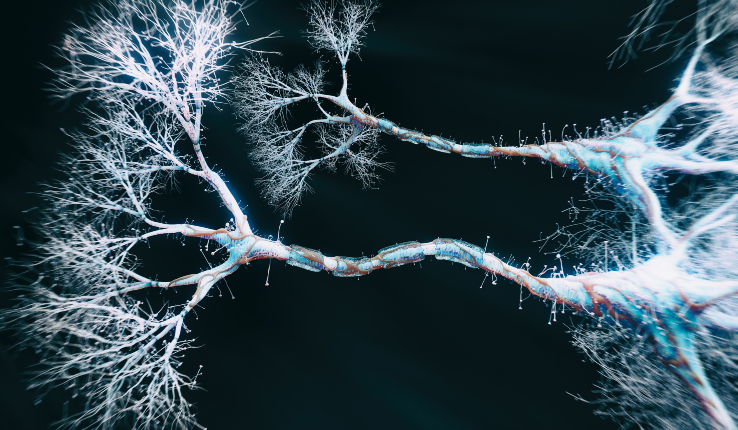
New research reveals that unequal communication, or asymmetry, between two neurons impacts some basic functions of neurons, such as spike timing and rhythmic synchrony, and likely occurs throughout the brain.

Michael Layden turns to the starlet sea anemone to better understand neural development and how the human brain evolved, and potentially improve treatments of central nervous system disorders.
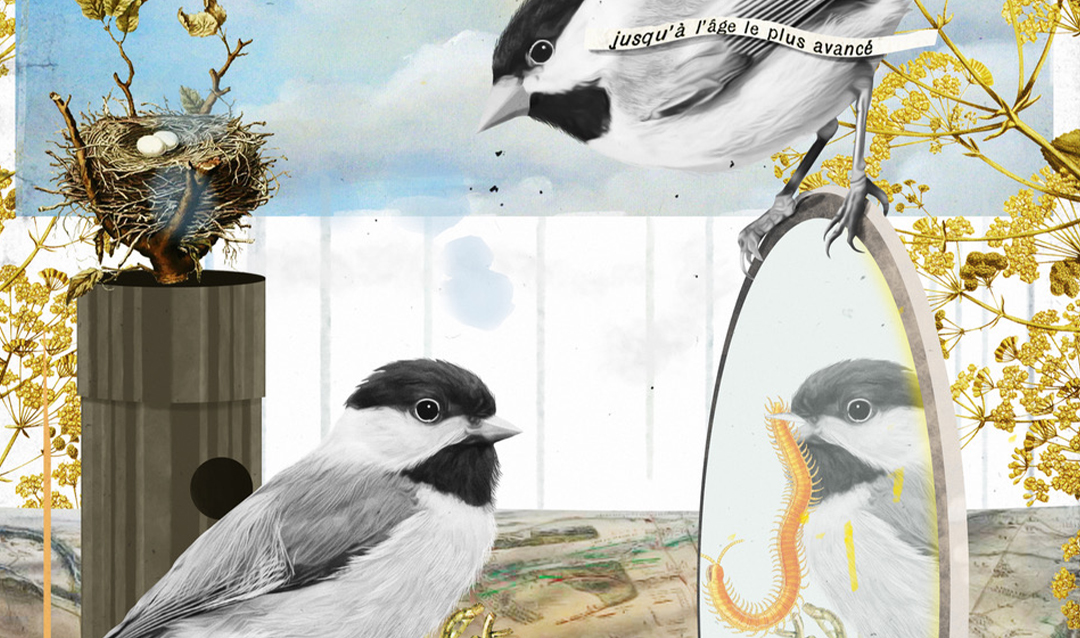
Rice investigates hybridization through ecological field research, behavioral tests, and population genetics and genomics.
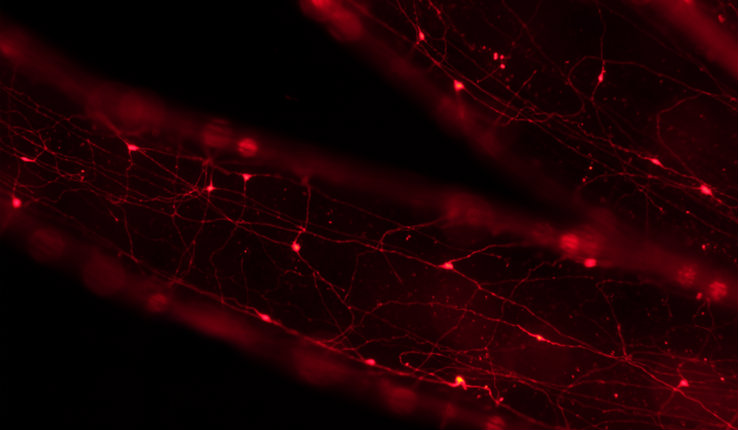
Biologist Michael Layden earned an NSF Career Award for his work to identify the mechanism of neurogenesis during development and regeneration in a species of sea anemone capable of regenerating its nerve cells.
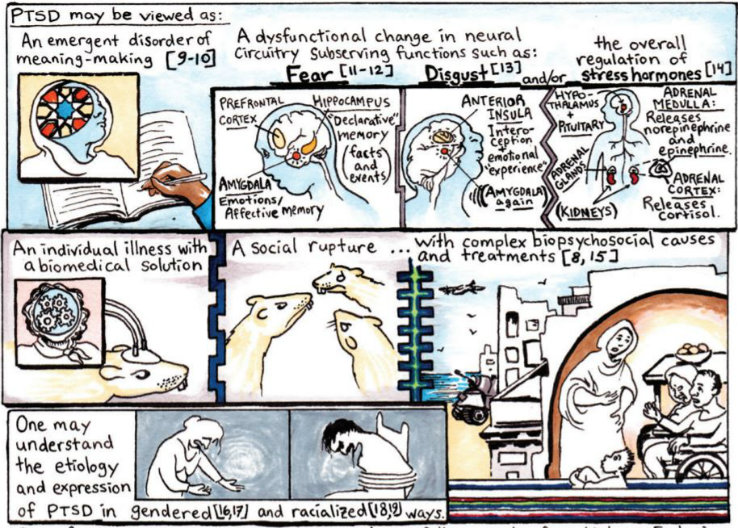
In her comic-book paper, Lehigh neuroscientist and artist Ann E. Fink explores the true tale of a psychiatrist and his traumatized patient, and argues that healing trauma entails obligations to society.
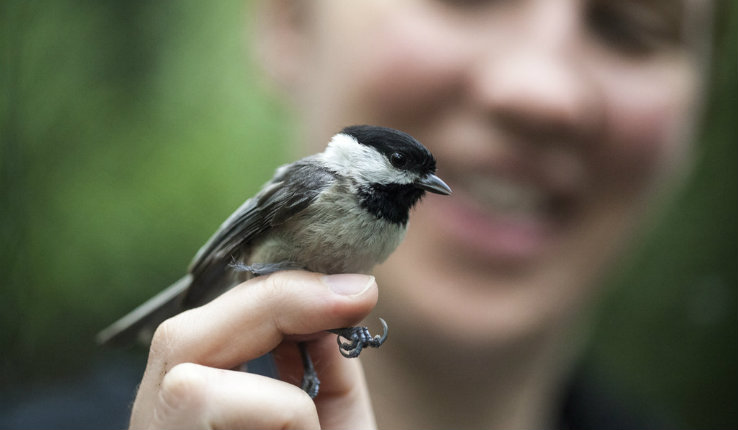
Do birds have a sense of smell? According to new research from Amber Rice, chickadees do, and odor might play a role in mate selection among naturally hybridizing songbirds.
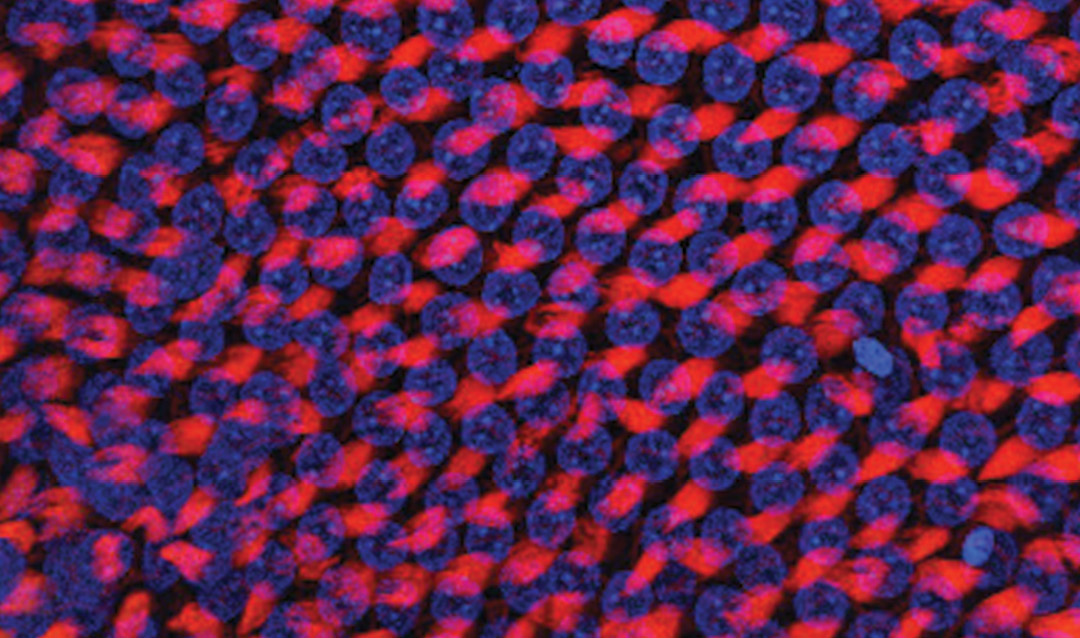
Neurons, or brain cells, deliver critical information used by our auditory system to interpret sounds. R. Michael Burger and his team ask: How do they know what type of frequency to detect?

Herrera’s research helps guide decisions about which sites to designate as marine protected areas in the Gulf of Mexico in the years following the Deepwater Horizon disaster.
A university grant enables Destiny West ’20 to receive training to conduct specialized biological research.